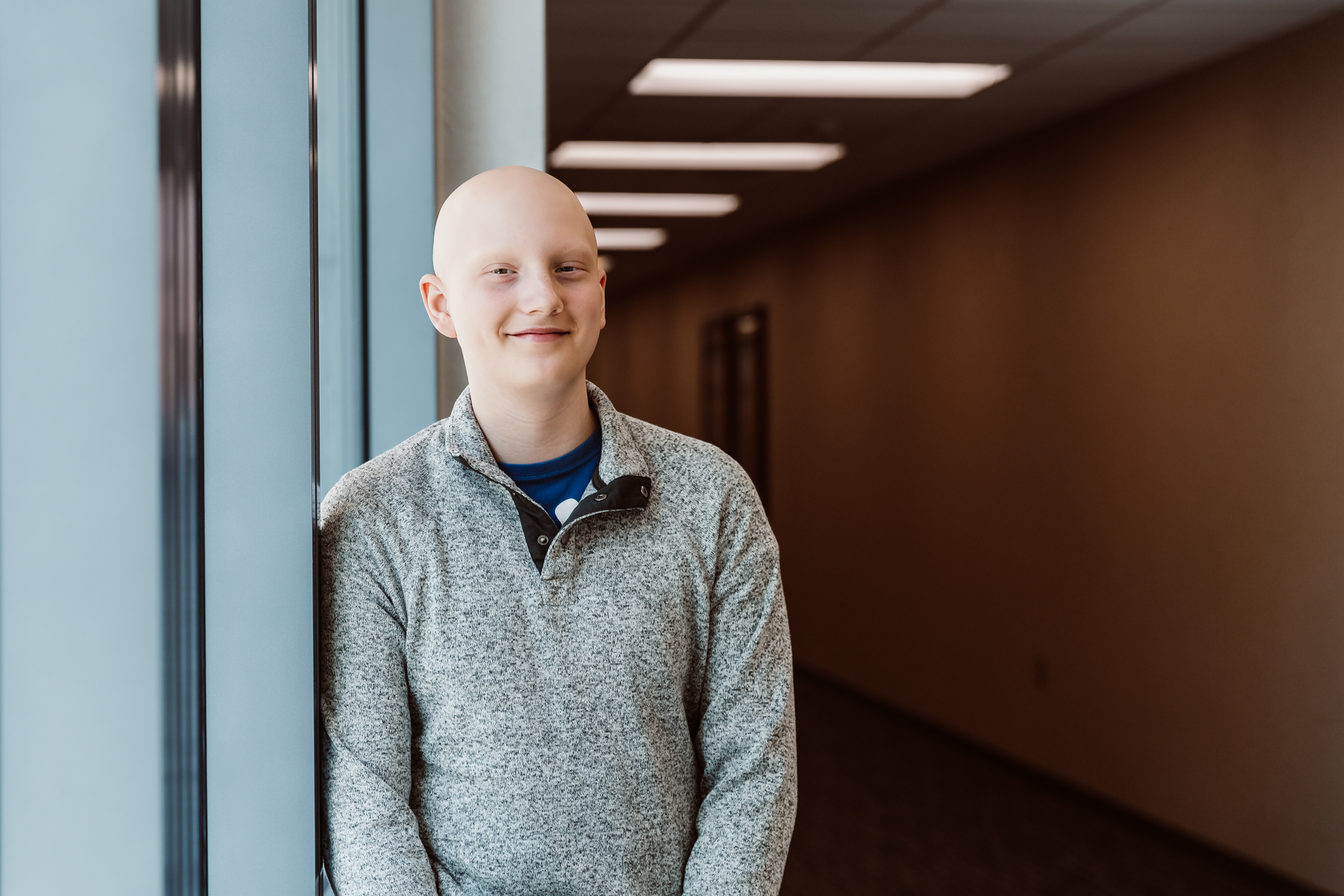
Bolton’s Bravery
With specialized, comprehensive care in hospitals tailored to the unique needs of pediatric patients, children’s hospitals help children and teens like Bolton defy the odds.
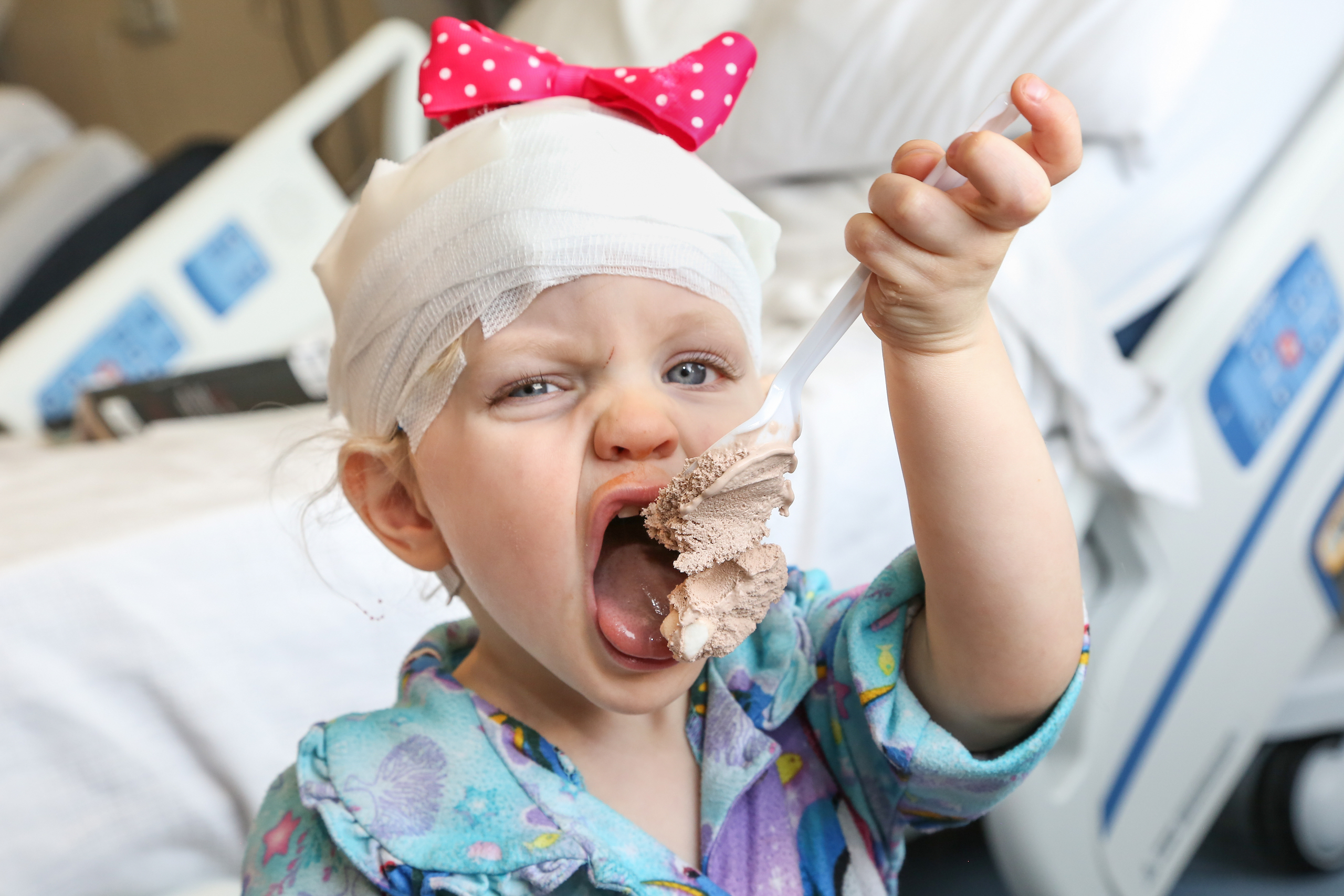
Every day, children’s hospitals help make moments possible. From providing access to the comprehensive care that children need to grow up to supporting children, teens, and their families with specialized treatment for some of the most complex illnesses. Discover more about the moments made possible by children’s hospital through patient stories from around the country.

With specialized, comprehensive care in hospitals tailored to the unique needs of pediatric patients, children’s hospitals help children and teens like Bolton defy the odds.
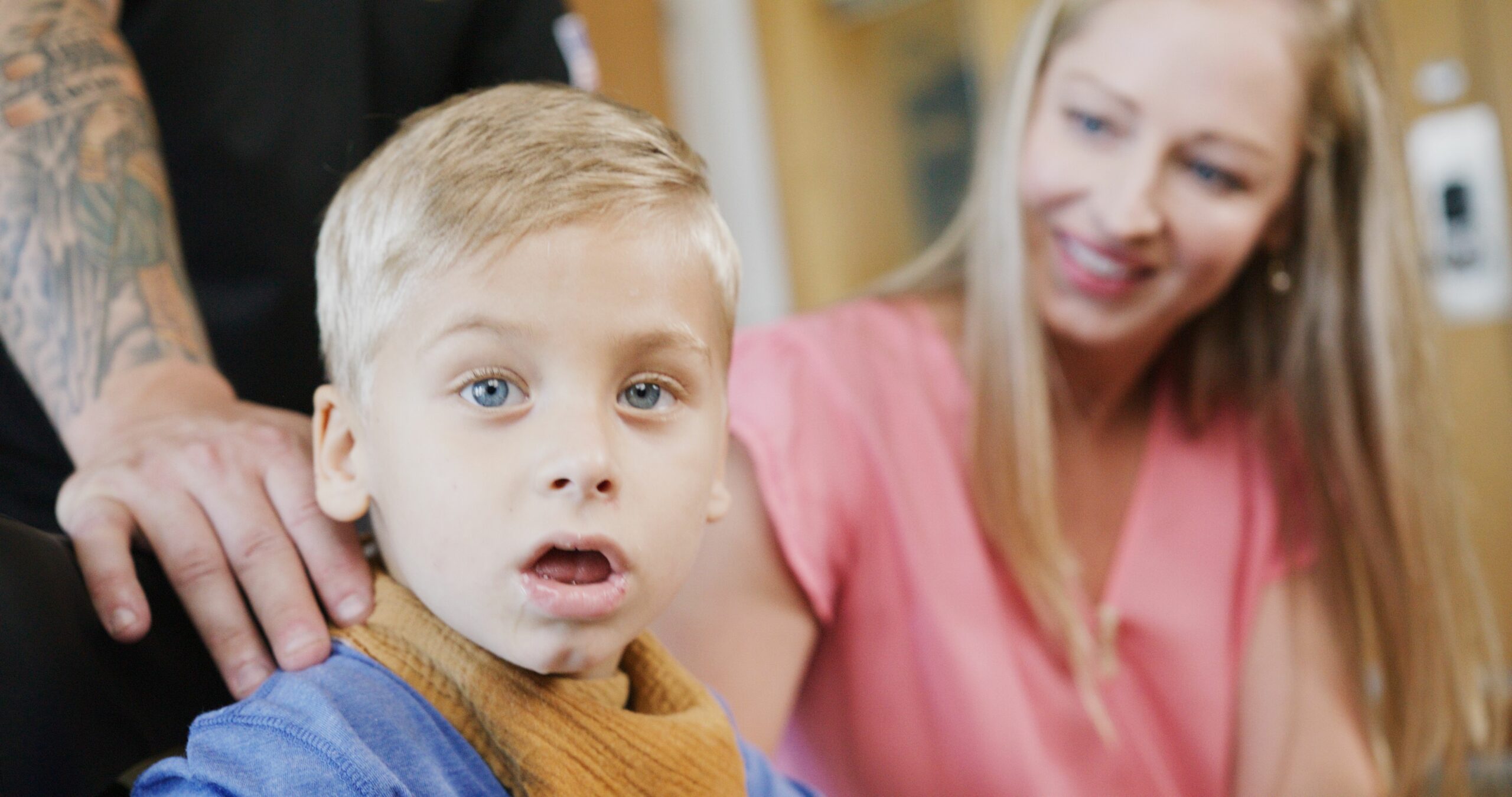
Children’s hospitals provide advanced care for the most complex conditions in environments specially designed for pediatric patients, allowing children like Isaac to thrive.
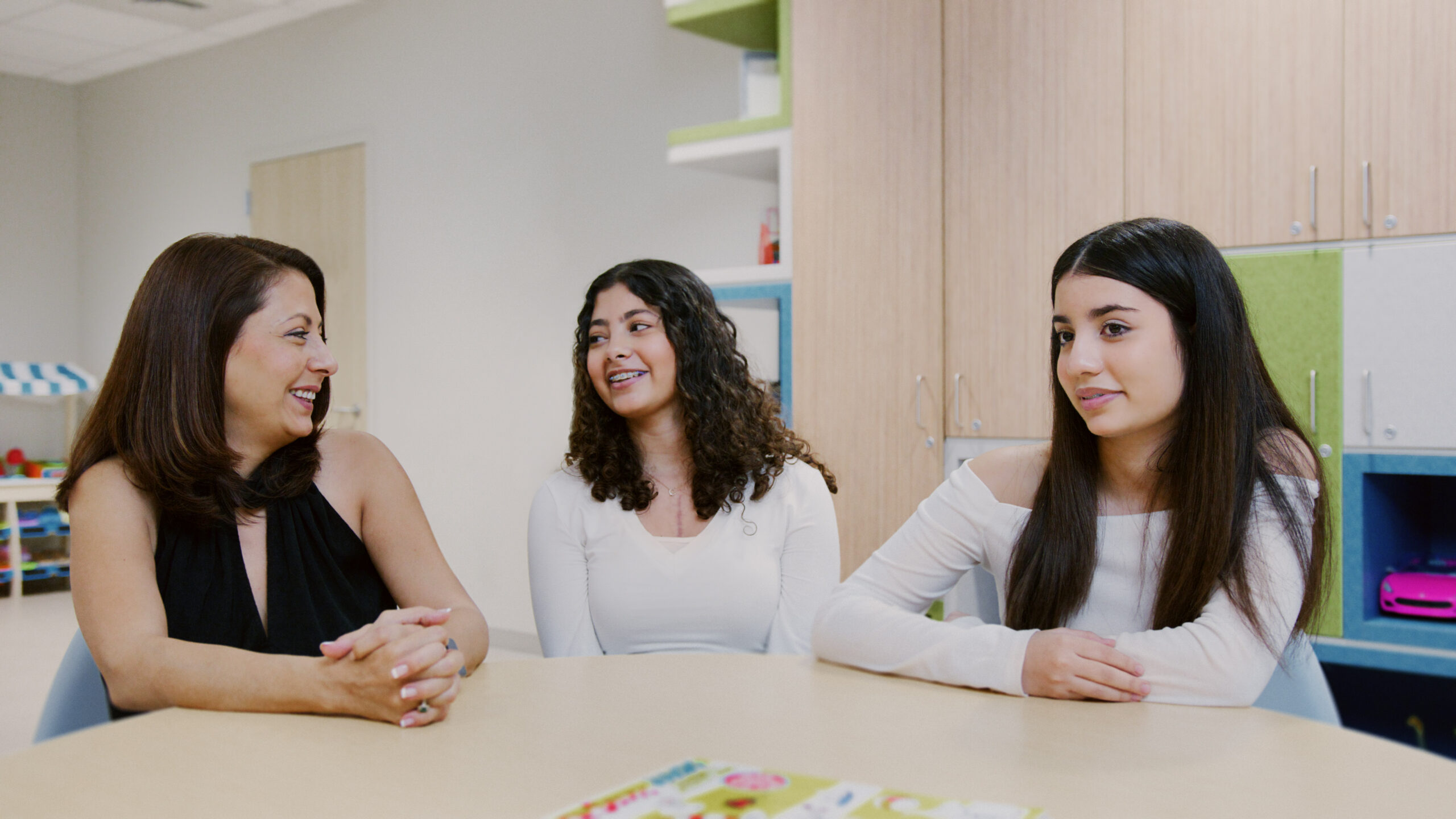
The specialized multidisciplinary teams at children’s hospitals ensure that children and teens – like Cami – can beat multiple complex conditions like cancer and heart failure.
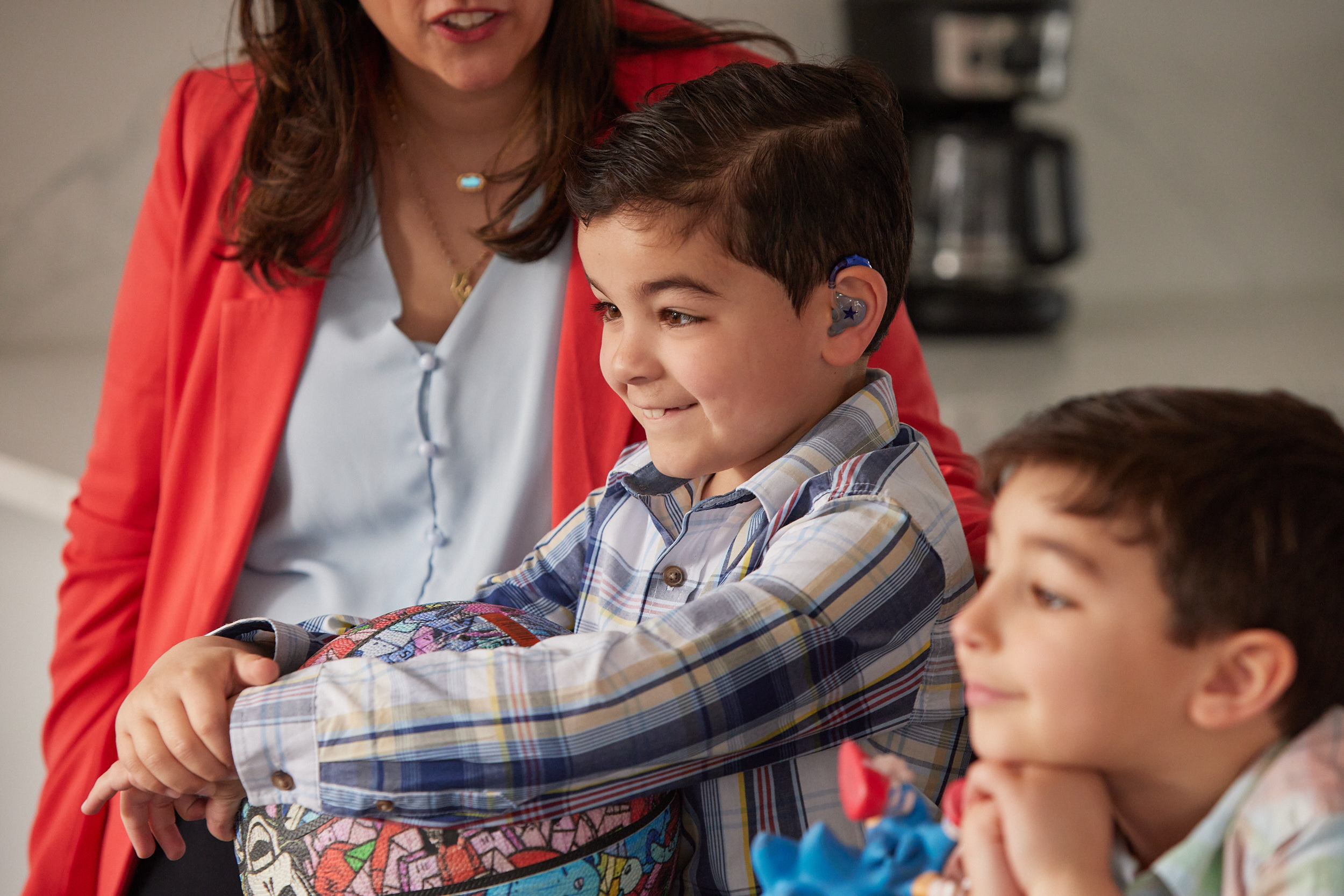
The advanced, specialized care that children’s hospitals provide make moments – like Joseph beating pediatric brain cancer – possible.
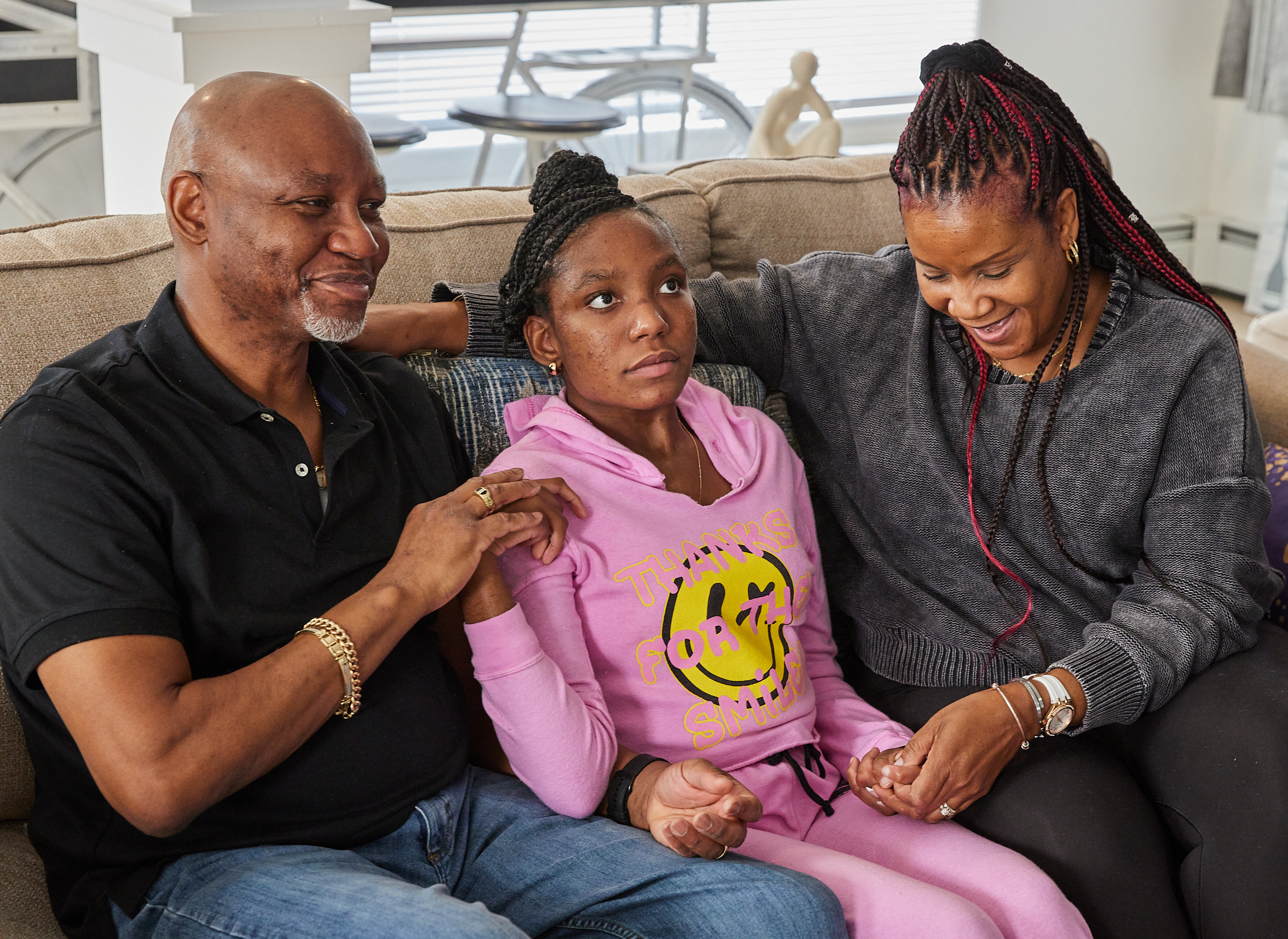
With care delivered by specially trained pediatric clinicians, in environments designed just for children, children’s hospitals help children and teens – like Daniella – navigate complex medical conditions.

When Sriansh was just three months old, his family grew concerned as he slept most of the day, arched his back, and could not control his eye movement. His parents brought him to Cincinnati Children’s, where he was diagnosed with AADC deficiency, a rare genetic disorder that disrupts dopamine and serotonin production in the brain. Sriansh’s family was told he might never walk, talk, or lift his head. But thanks to an experimental gene therapy clinical trial, his story took a groundbreaking turn. At just 16 months old, Sriansh became the youngest child in the world to receive a one-time gene therapy treatment, delivered directly into the brain through a minimally invasive surgical technique. His care team inserted an engineered virus carrying the missing gene, allowing his brain to begin producing the essential chemicals it lacked. Today, Sriansh is walking, running, and thriving because of this innovative clinical trial. This pioneering work helped lead to the first-ever FDA-approved gene therapy administered directly to the brain, offering hope for patients with rare genetic diseases once thought untreatable.
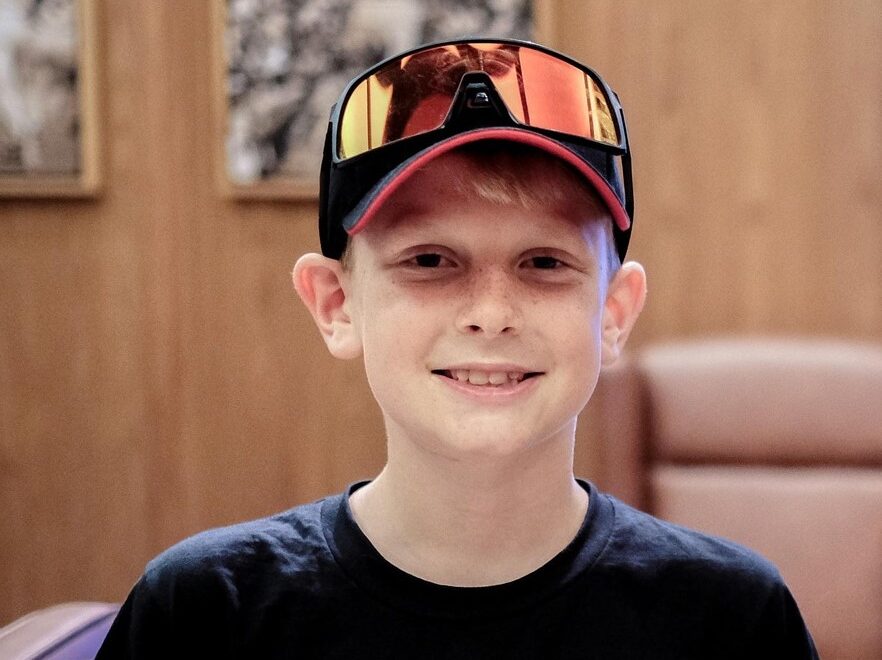
10-year-old Riley was enjoying the start of summer when his parents noticed a large lump under his chin. They brought him to Children’s Minnesota, where a few rounds of testing brought unexpected news: Riley had a rare form of Hodgkin’s lymphoma. Riley quickly began treatment involving three rounds of a 21-day cycle of chemotherapy and immunotherapy infusions. Throughout this challenging period, Riley maintained his cheerful demeanor and bonded with his nurses. Before his treatment was even over, Riley and his family got the news they had all been hoping for—his PET scan detected no signs of cancer! He completed his final infusions to remove any lingering undetectable cells and was declared cancer-free. Toward the end of treatment, Riley’s care team surprised him, nominating him for Correa Family Foundation’s ‘Hero of the Month’ at a Minnesota Twins baseball game. Riley met the team, got autographs from players, and enjoyed the game with his family right behind home plate. Over the next few years, Riley will continue to visit Children’s Minnesota for routine appointments to monitor his health, but by the end of that summer, Riley was healthy and ready to start the new school year alongside his peers.
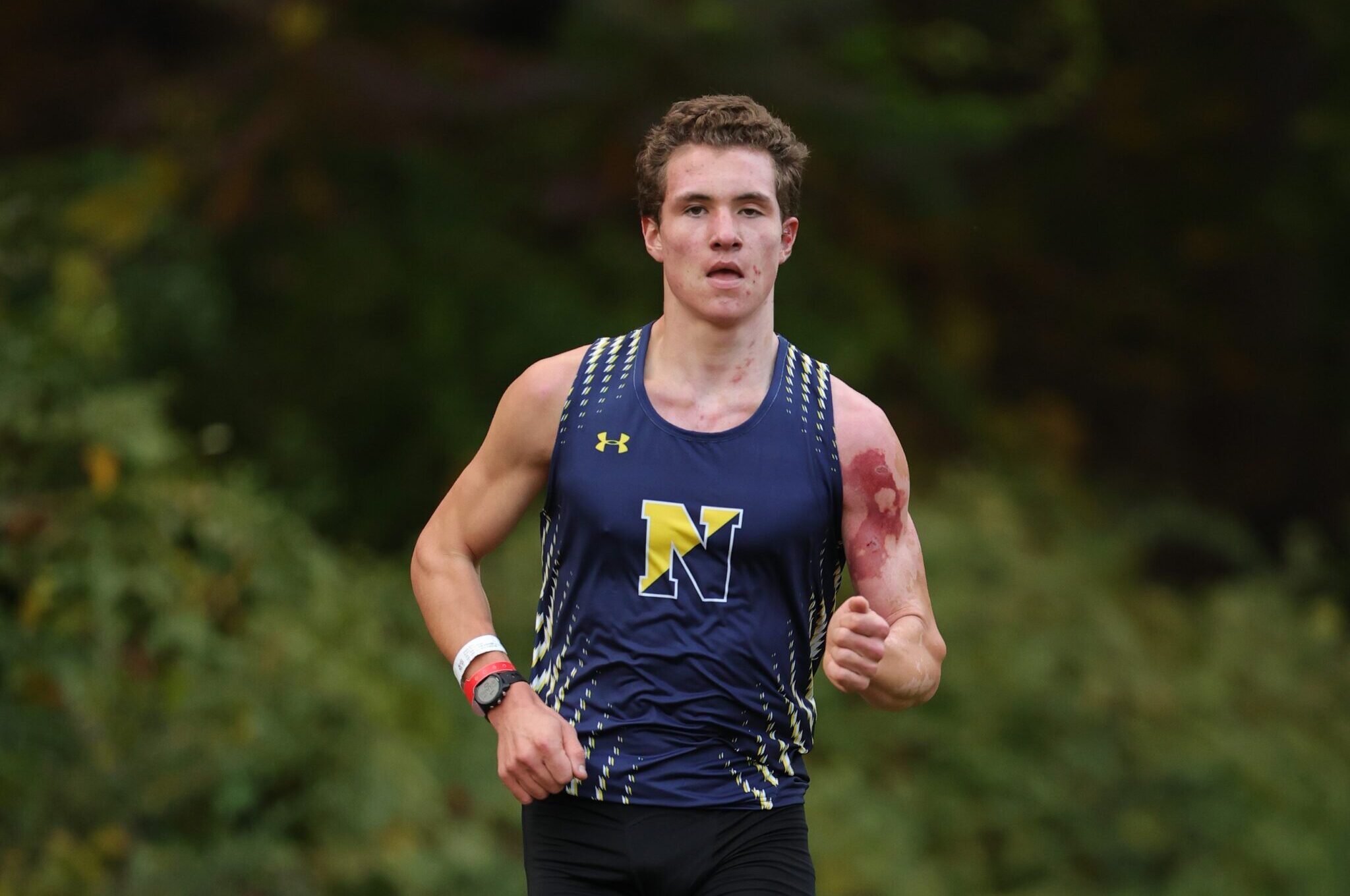
Davis’s cross-country season was just getting started when he was badly burned by a bonfire that accelerated unexpectedly. Arriving at Shriner Children’s Boston with burns covering 30% of his body, he met with a care team to map out the healing process. Davis began his treatment in the ICU, with frequent dressing changes and wound care, and a lot of rest. When he transitioned out of the ICU, Davis worked on regaining enough strength to walk laps around the inpatient unit and even up and down the stairs. As he prepared to go home, his nurses equipped him with the resources and at-home care he needed to do to continue healing. Thanks to the care Davis received, nearly three weeks after he was hospitalized, he ran half a mile. And after just one month, he competed in a cross-country meet! Over the next year, Davis returned to Shriners Children’s Boston for routine physical and occupational care. Now, 18, Davis is a college freshman competing on the school’s track team!
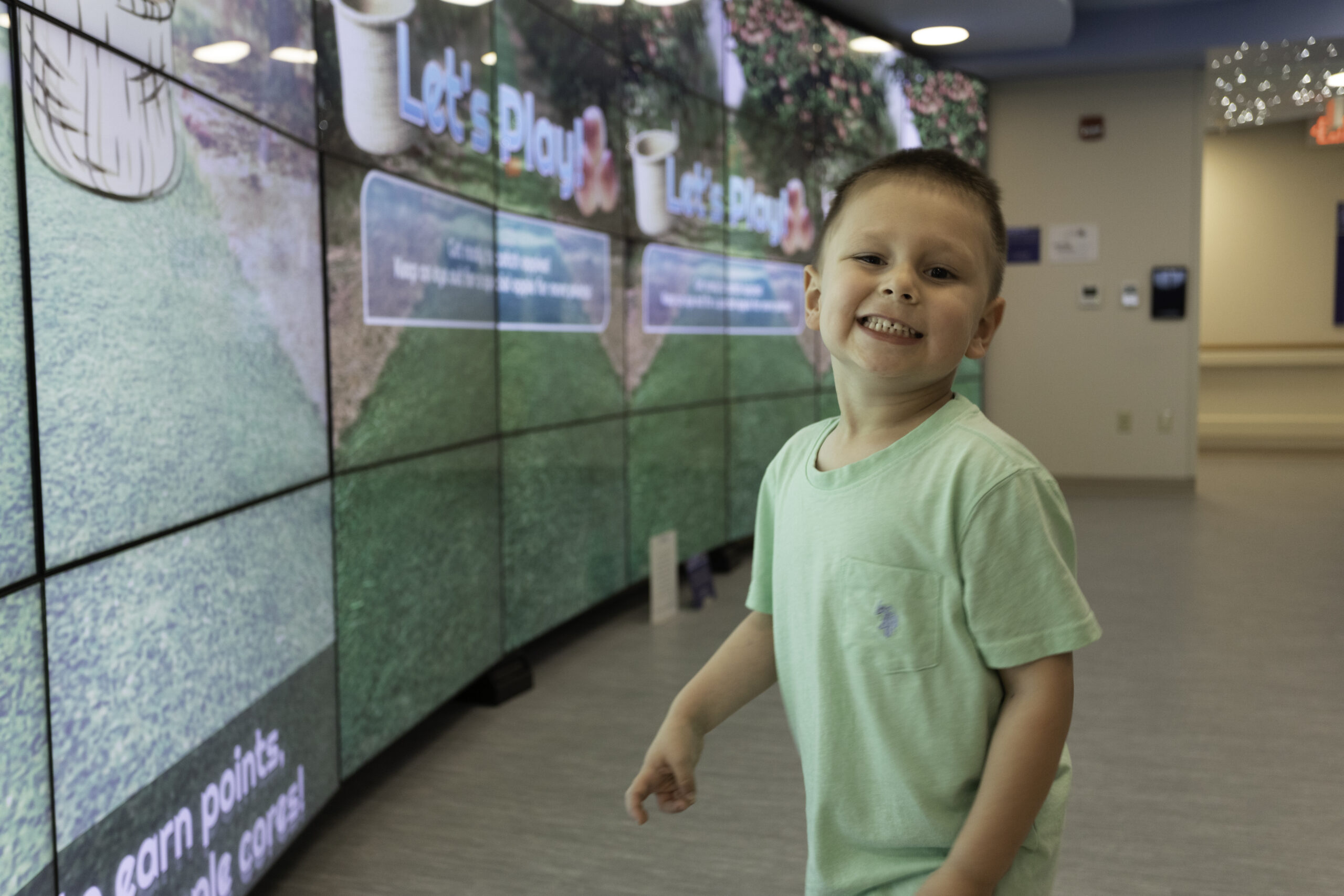
Cameron’s family was prepping for summer vacation when he suddenly had a stroke. After rushing to the ER, doctors realized that Cameron had lost all function in his left arm, leg, and part of his face and transferred him to the Comprehensive Stroke Center at HSHS St. Vincent Children’s Hospital. His care team immediately ran tests and discovered that a blood clot caused the stroke. Thankfully, the clot had already broken down, so Cameron did not need brain surgery. Still, Cameron had a long road to recovery after losing function in his left side. Cameron’s care team mapped out a plan of physical and occupational therapy to help him regain mobility. His team was always finding fun ways to work on his movements, making games involving swinging and crawling. Along with receiving care, his recovery was filled with fun games, entertainment, and Legos, ensuring four-year-old Cameron felt at home. Within a couple of weeks of therapy, Cameron began walking more and using his left arm. Thanks to their dedicated care and Cameron’s determination, he returned home after 20 days. Today, Cameron continues to attend physical therapy, growing stronger every day.
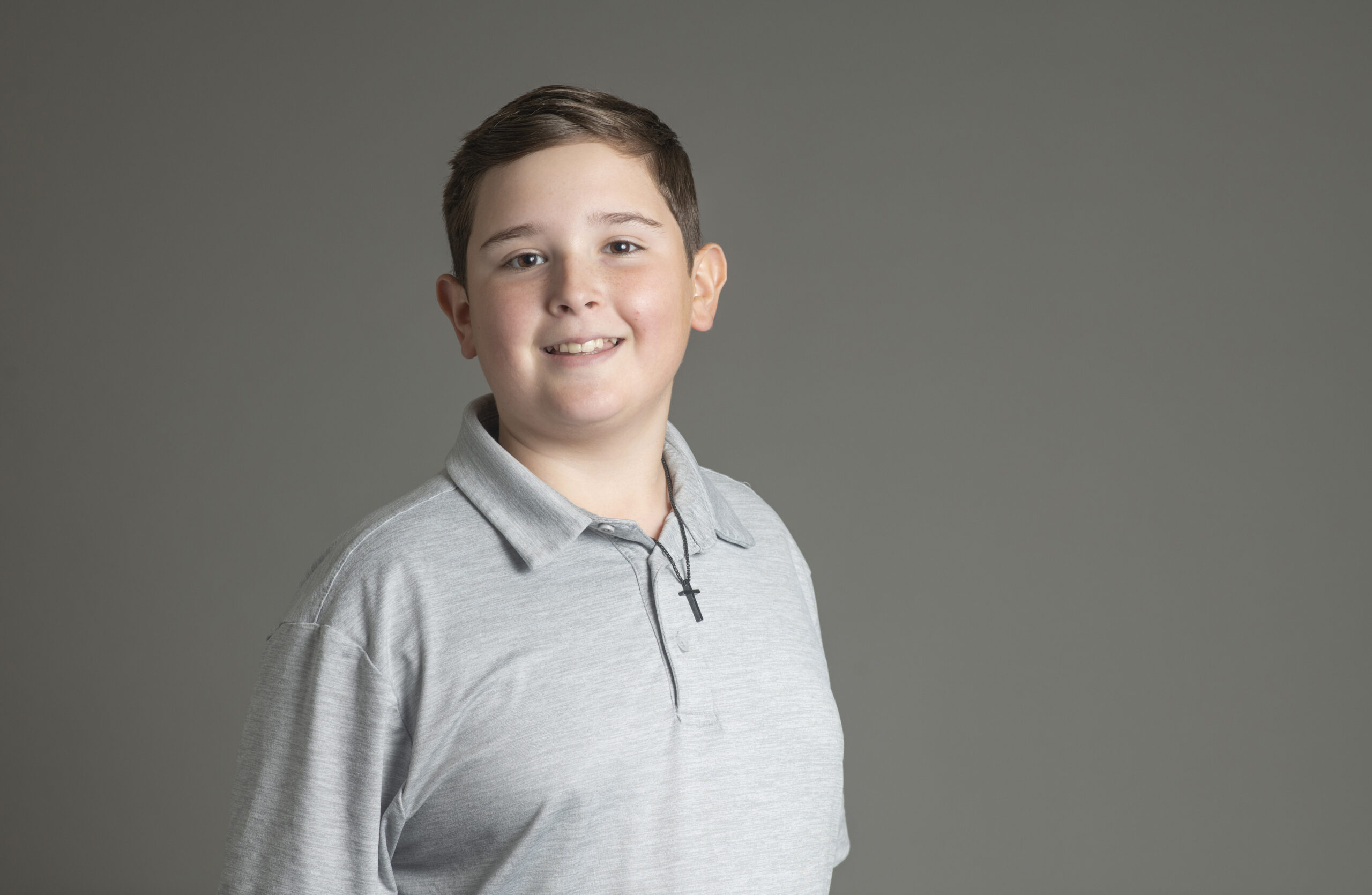
Stone was admitted to the Pediatric Intensive Care Unit (PICU) at Children’s Hospital at Erlanger after a ruptured aneurysm in his brain caused two strokes. As doctors monitored him, they discovered he suffered a third stroke from vasospasms—contractions that narrow blood vessels—in his brain. When Stone didn’t respond well to the standard treatment for vasospasms, his family felt hopeless, but his team at Erlanger didn’t back down. They found a small study supporting the use of cardiac medication to treat vasospasms. Soon after trying it, Stone’s vasospasms stopped, and he began his road to recovery! Due to the brain damage, he lost nearly every independent function and had to stay on a ventilator until he could wake up on command. After a few weeks, his younger sister told Stone it was time to wake up—and he did! He came off the ventilator, and his team helped him speak his first words and slowly regain movement. Since day one in the PICU, the hospital staff rallied around Stone and his family. Today, Stone continues to make remarkable progress at a rehabilitation facility. In fact, professionals from children’s hospitals across the region call Stone’s circumstances a medical anomaly with a one-in-a-billion chance of survival.
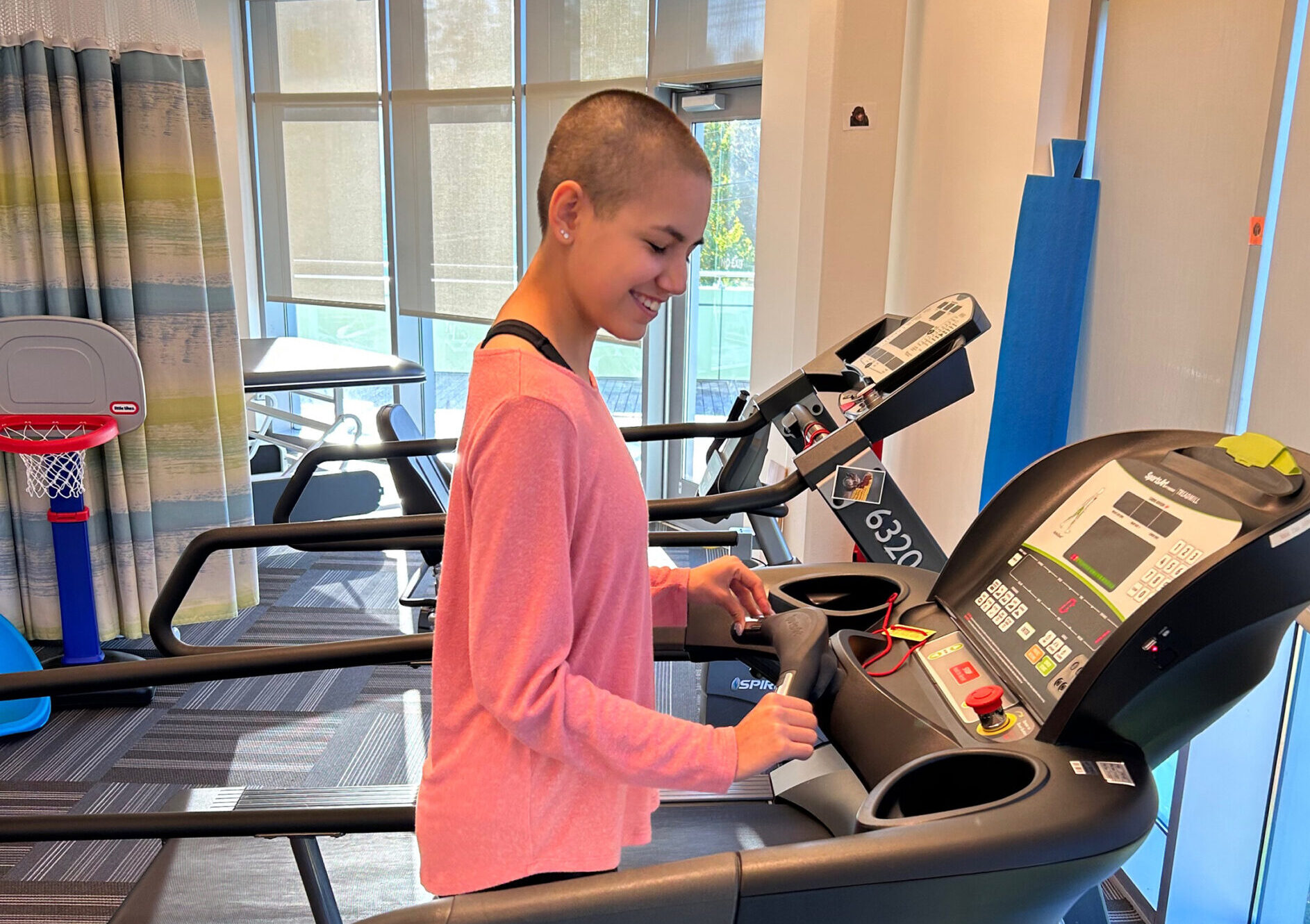
Just a few months after winning state in cross country, high school freshman Allie was ejected from the vehicle in a car accident and taken by air ambulance to a local hospital. Allie underwent a month of intensive care, but her journey was just beginning. She was transferred to Ranken Jordan Pediatric Bridge Hospital for recovery, arriving with lingering head trauma and an injured back, pelvis, and bladder. However, therapists jumped in immediately, working to strengthen Allie’s upper body and leg muscles. Her care team’s positive attitude and commitment to Allie’s recovery helped set the tone for her time in the hospital. To aid her recovery, Allie needed a special boot, but her insurance didn’t cover it. Thanks to donor generosity, Allie received the boot she needed. While at the hospital, Allie played fun games and frequented the hospital’s outdoor garden–her favorite place during her stay. After weeks of attending therapy five or six times a day and months of inpatient care, Allie is back to running! She ran the Ranken Jordan 5K for Play and is back on the cross-country team!
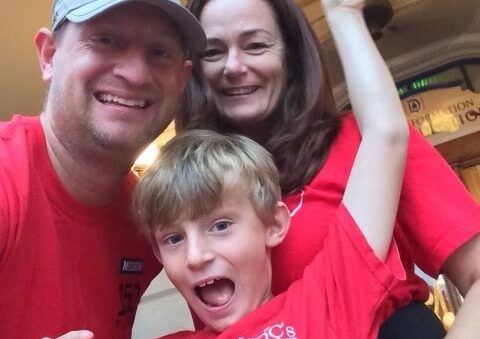
Back in 2009, Craig, a senior preconstruction director, began overseeing the construction of the Bill Holmes Tower at Children’s Hospital of Orange County (CHOC), now part of Rady Children’s Health. At the same time, Craig and his wife received devastating news: their 4-year-old son, Jackson, had acute lymphoblastic leukemia. As Jackson received expert care at CHOC’s Hyundai Cancer Institute, Craig watched the new tower rise, finding comfort in sharing the hospital’s construction progress with his son and other patients. Watching the project develop as Jackson’s health improved helped Craig see their bright future ahead! As an animal lover with dogs at home, Jackson felt reassured by the hospital’s pet therapy program, and their frequent animal visits kept a smile on his face throughout treatment. After three years of treatment in and out of the hospital, Jackson triumphed over cancer and is now thriving. He recently celebrated his high school graduation and has ambitions to become a veterinarian. And Craig has moved along to his second CHOC project: a nine-story ambulatory tower set to open this summer.